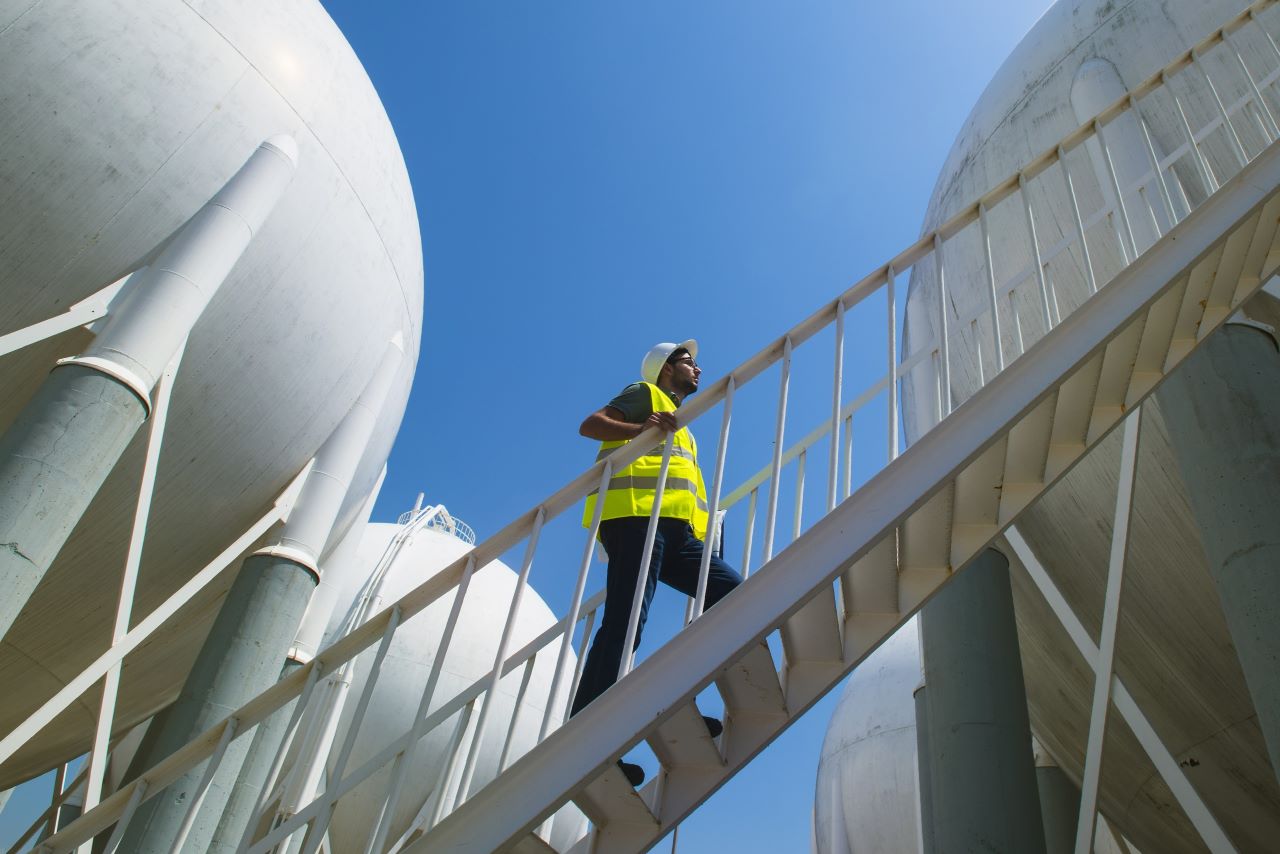The future is here, and we’re witnessing how technological advancements are changing everything around us. We’re seeing how AI provides companies with advantages, helping them be more efficient and productive and staying ahead of the game. We’ve all had our concerns about losing our careers to these machines, but AI isn’t so much about taking people off the table but equipping teams to do even better. For those seeking a way to be sustainable in this fast-paced world, now is the moment to get on board with AI and take your business to the next level.
AI as a Powerful Helper, Not a Replacement
One of the biggest concerns people usually have about AI is that it will take human jobs away one day. AI might replace repetitive and data-intensive tasks, but it cannot supersede those unique human talents that make humans indispensable to business. Consider AI as a productivity companion that extends human potential by doing the heavy lifting and time-consuming work so humans can get on with the more critical tasks.
Take AI, for instance, in the management of wind farms. Wind turbines churn out large amounts of data—from wind speed and noise levels to temperature changes. In the past, monitoring and analysing this data used to take a lot of time and labour, as technicians looked at reports and inspected the equipment on site. This data analysis can now be automated by AI, keeping a pulse on the turbine’s health and spotting potential leaks before they get worse.
Data of most interest is collected and analysed by AI in real-time, so operators get the insights they need without having to go to work. This allows maintenance teams to be proactive rather than reactive and allows renewable energy companies to make better data-driven choices that are more efficient and will improve the life of their assets.
Addressing AI Concerns
Many companies are hesitant to embrace AI due to concerns about data privacy, data security, and the potential for job loss. These are all legitimate fears but ones we can work with. Privacy concerns, for example, can be kept to a minimum through clearly articulated guidelines on AI tool usage and training on AI responsible use. Regarding the fear of job loss, viewing AI as a supplementary service rather than a replacement for human talent is essential.
AI effectively serves as a "copilot," enhancing human abilities rather than replacing them. It excels in tasks such as analysis, pattern recognition, and prediction—areas where machines can operate more quickly than humans. In recruitment technology, AI can analyse vast amounts of resumes and job applications within minutes, identifying the best candidates based on predefined criteria. This speed and efficiency not only improve the hiring process but also eliminate bias by assessing candidates on their qualifications rather than relying solely on human judgment.
However, what truly sets humans apart are unique qualities that cannot be replicated, such as intuition, imagination, empathy, and decision-making. Hence, AI does not replace human talents; it enriches them by allowing recruiters to focus on interpersonal aspects of hiring.
Boosting Productivity and Efficiency
AI is making processes faster and more productive in ways that weren’t possible 10 years ago. Thanks to AI, the clean energy industry has seen incredible progress and transformation. AI-powered tools are helping renewable energy developers optimise generation by anticipating demand and optimising the grid. Similarly, AI enables companies to streamline their hiring processes in recruitment by automating repetitive tasks, such as scheduling interviews and sending follow-up emails. This allows recruiters to dedicate more time to engaging with candidates and building relationships, which is crucial for effective hiring.
Moreover, AI-driven predictive analytics can help organisations identify patterns in hiring data, allowing them to make informed decisions regarding talent acquisition strategies. For example, by analysing previous hiring success and performance data, companies can refine their job descriptions and targeting strategies to attract candidates more likely to thrive in their specific environments. It’s the same in wind energy; AI-powered predictive maintenance helps wind farms save time and increase energy output by anticipating and fixing potential mechanical issues before they become expensive interruptions. This approach is smarter and more environmentally responsible, as AI provides real-time feedback on energy allocation, reduces waste, and ensures resource efficiency.
Attracting Future Talent with AI
In a job market where recruiting the best talent is becoming more complex, AI can also make a company look better to prospective employees. Our younger workforce is tech-savvy and has already learned to take AI into the workplace. A study reveals that nearly half of business students (69%) believe that AI will be around in the future, and 85% think that today’s companies are employing AI. Future employees are very excited about the idea of using AI to automate repetitive work and give it meaning.
AI-powered recruitment tools can provide candidates with personalised experiences, such as customised job recommendations based on their skills and interests. This tailored approach can significantly enhance candidate engagement and satisfaction during the recruitment process. As a company competing for the best and brightest talent, a commitment to AI can be a differentiator. By 2025, Gartner expects AI to be an employee ally in 90% of all businesses globally. Companies that don’t implement AI will lose out in the talent competition with a new, technology-based work culture. As a result of this trend, firms can compete with AI for productivity and relevance in employees' minds.
Are you looking to incorporate AI into your recruitment strategy? Read our blog on ‘How can companies embrace AI technology to future-proof their talent acquisition and recruitment strategy?’ to gain insights and tips on how to build a resilient talent pipeline using AI.
Embracing AI as a Competitive Advantage
AI is a competitive advantage in a world where technology is always on the go. AI will enable companies to work at a higher level so teams can do more and stay ahead. If you are still wary about using AI, don’t think of it as automating human beings. Having the right resources to succeed is about giving your people the right tools. AI exists to support human talent. The future looks bright for companies ready to move with the times.
NES Advantage provides complete end-to-end recruitment solutions through our Managed Service Provider (MSP) and Recruitment Process Outsourcing (RPO) services. We utilise modern recruitment technology, including ATS/CRM and VMS, to enhance workforce visibility and streamline hiring processes. By leveraging innovative solutions like AI to deliver real-time data, we assist you in attracting and retaining top engineering talent in today’s competitive market.
Contact us today to explore the advantages of smart technology use.




